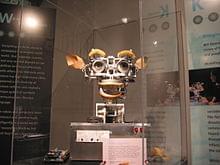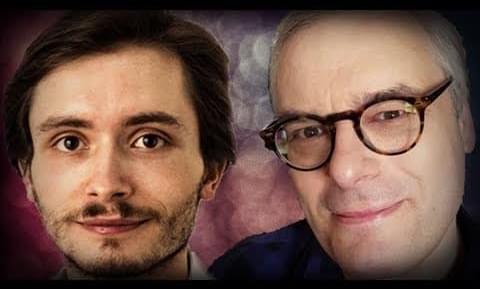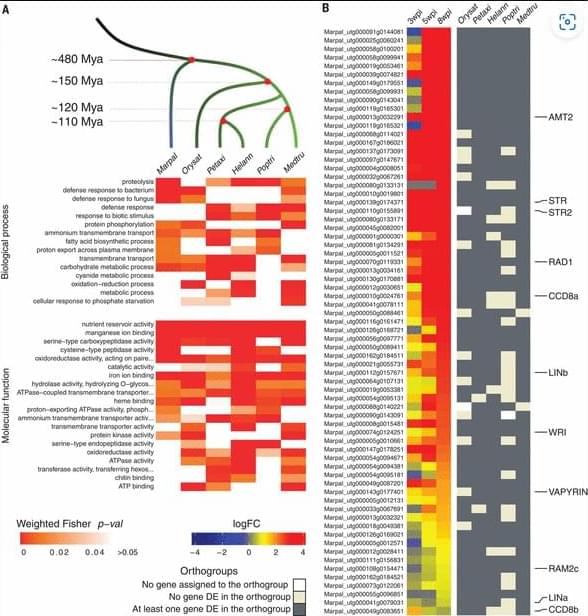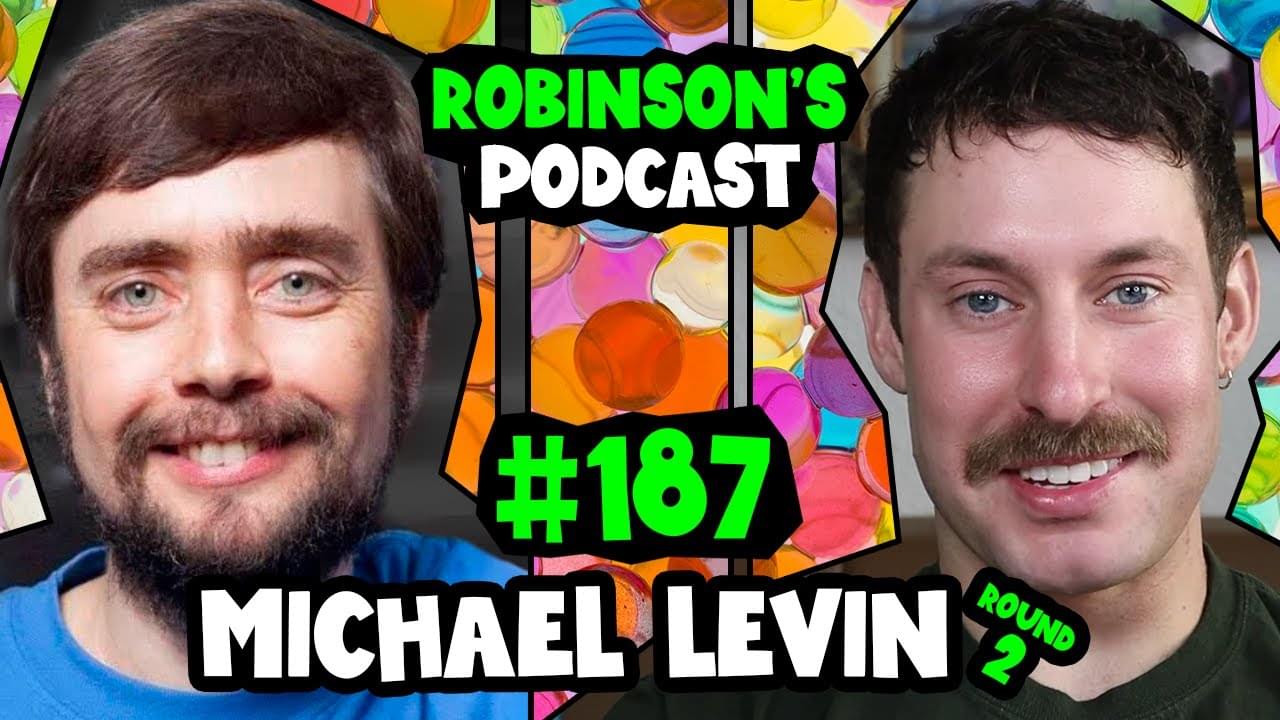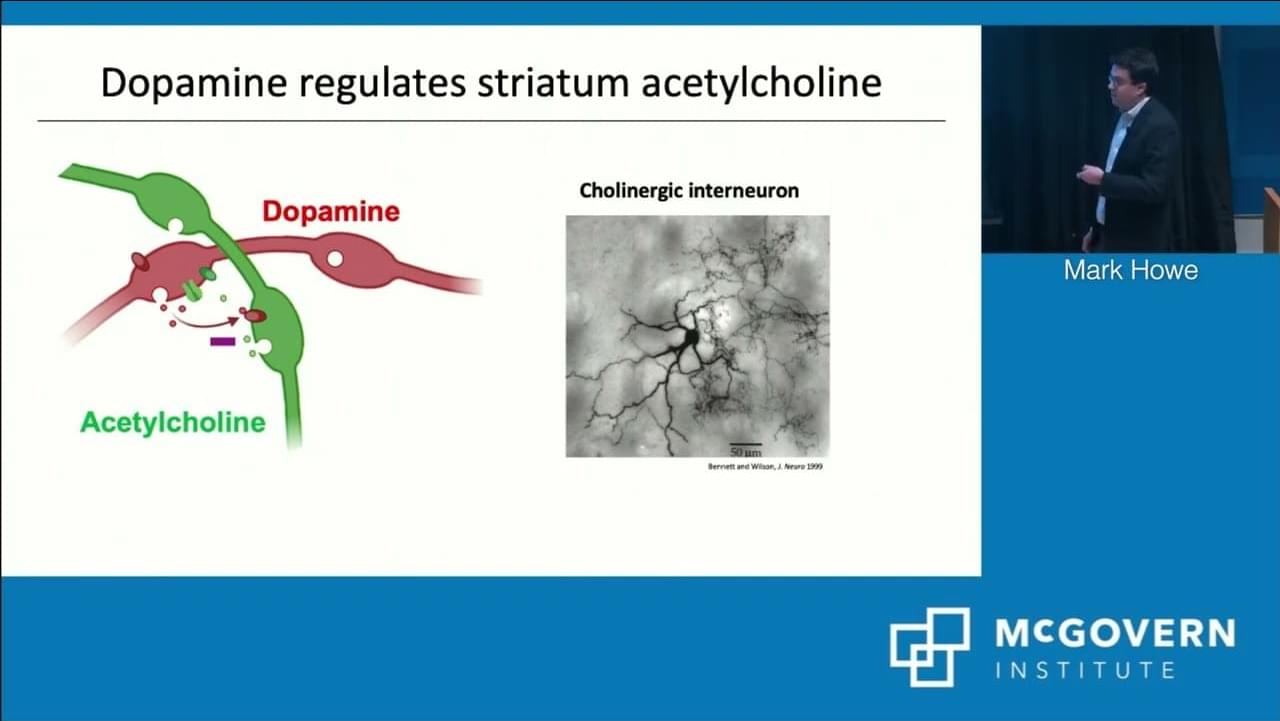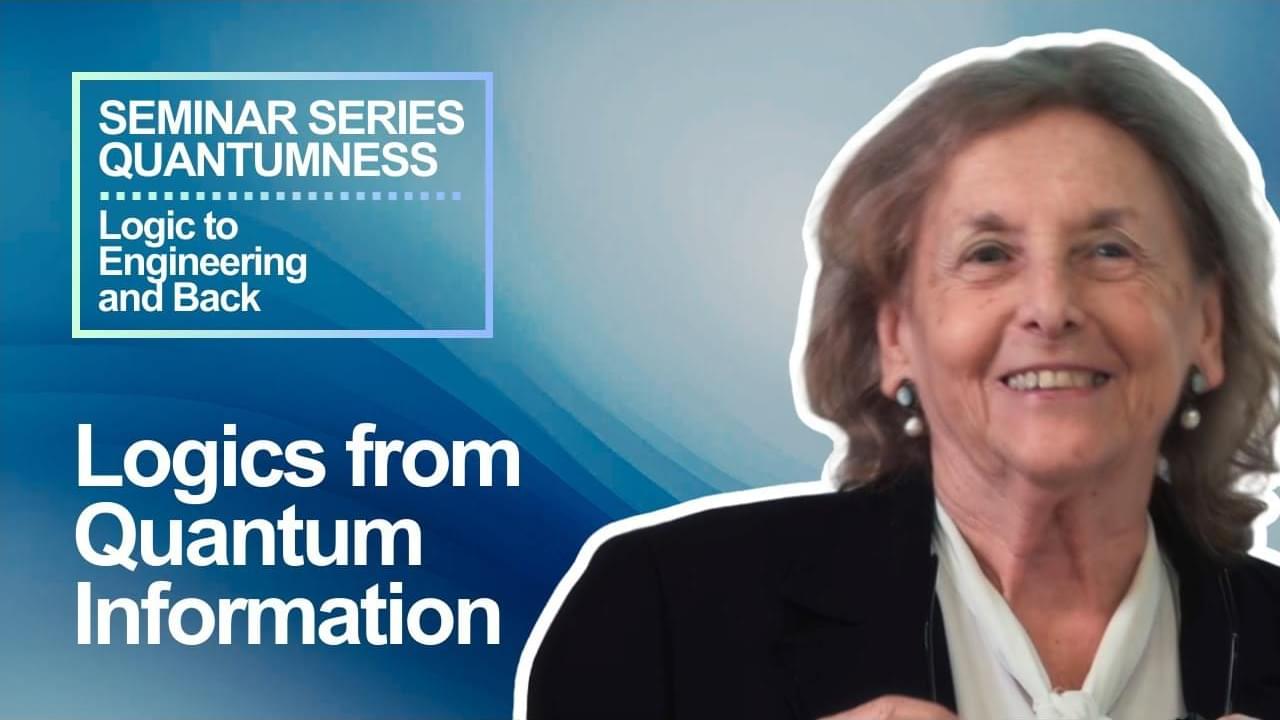Alan Turing was a pioneer in the field of computer science. One of the things he is famous for is the Turing test. At its core, this is a test about whether or not a machine, a computer, can conv…
I’ve only recently discovered Ricardo Lopes and his interviews of all kinds of interesting people. Here is one from a couple of years ago of Keith Frankish, the most prominent contemporary ch…
Two leading theories of consciousness went head-to-head—and the results may change how neuroscientists study one of the oldest questions about existence
Researchers have achieved a crucial milestone in quantum computing. They have created an operating system capable of enabling communication between quantum computers using different technologies.
This system, named QNodeOS, represents a significant advancement for quantum machine interoperability. Unlike classical systems like Windows or iOS, it is designed to handle the unique complexity of qubits, regardless of their physical nature. This innovation paves the way for more flexible and powerful quantum networks.
A colossal structure in the distant Universe is defying our understanding of how the Universe evolved.
In light that has traveled for 6.9 billion years to reach us, astronomers have found a giant, almost perfect ring of galaxies, some 1.3 billion light-years in diameter. It doesn’t match any known structure or formation mechanism.
The Big Ring, as the structure has been named, could mean that we need to amend the standard model of cosmology.
A groundbreaking discovery reveals how a hidden gene transfer between fungi and plants triggered Earth’s first ecosystems. This ancient process played a key role in the adaptation of plants to life on land.
Symbiotic transfer of lipids to mutualist fungi may have helped plants to colonize land 450 million years ago.
Patreon: https://bit.ly/3v8OhY7
Michael Levin is a Distinguished Professor in the Biology Department at Tufts University, where he holds the Vannevar Bush endowed Chair, and he is also associate faculty at the Wyss Institute at Harvard University. Michael and the Levin Lab work at the intersection of biology, artificial life, bioengineering, synthetic morphology, and cognitive science. Michael also appeared on the show in episode #151, which was all about synthetic life and collective intelligence. In this episode, Michael and Robinson discuss the nature of cognition, working with Daniel Dennett, how cognition can be realized by different structures and materials, how to define robots, a new class of robot called the Anthrobot, and whether or not we have moral obligations to biological robots.
The Levin Lab: https://drmichaellevin.org/
OUTLINE
00:00 Introduction.
02:14 What is Cognition?
08:01 On Working with Daniel Dennett.
13:17 Gatekeeping in Cognitive Science.
25:15 The Multi-Realizability of Cognition.
31:30 What are Anthrobots?
39:33 What Are Robots, Really?
59:53 Do We Have Moral Obligations to Biological Robots?
Robinson’s Website: http://robinsonerhardt.com
Robinson Erhardt researches symbolic logic and the foundations of mathematics at Stanford University. Join him in conversations with philosophers, scientists, weightlifters, artists, and everyone in-between.
Mark Howe (Graybiel Lab Alumni), Boston University.
“Probing Neuromodulator Signals for Learning and Action”
Talk was a part of the McGovern Institute’s 25th Anniversary Symposium.
